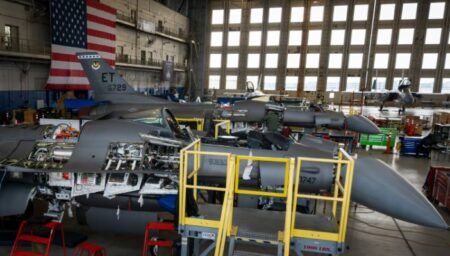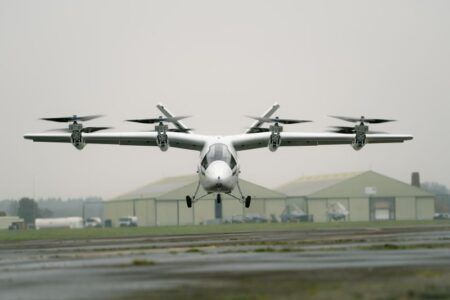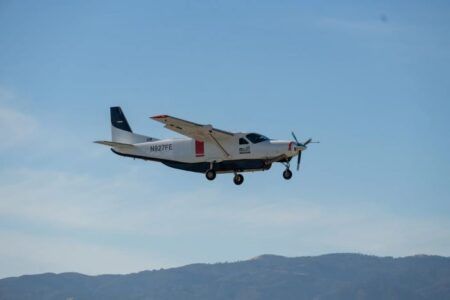California, USA-based Reliable Robotics has flown an uncrewed small cargo aircraft beyond visual line of sight from a remote control center.
The test flight used a Cessna 208B Caravan aircraft on load from FedEx to test Reliable Robotics autonomy system which enables remote operation of the aircraft through taxi, take-off, flight and landing.
The 12-minute flight from and to Hollister Municipal Airport in Northern California last month was supervised by pilot Danah Tommalieh 50 miles away from the aircraft. The Cessna also flew briefly over a populated region and was Reliable Robotics’ second uncrewed test flight – the first used a Cessna 172 in 2019.
Reliable’s system is aircraft agnostic and uses multiple layers of redundancy and advanced navigation technology. The company is developing the system as a safety enhancement system and is emphasizing its capabilities to prevent controlled flight into terrain (CFIT) and loss of control in flight (LOC-I) incidents.
Using the system, the remote pilot monitors aspects of the flight such as air speed, altitude and the predicted flight path and takes over if needed to perform emergency maneuvres.
The Cessna Caravan is a multi-use aircraft made by Textron often used for regional cargo and is one of the most popular single-engine turboprops in the world. The Caravan can carry up to 3,000 lbs (1,360kg) of cargo.
The company is working with US regulator the FAA, which accepted the Reliable Robotics’ plan to certify its autonomous flight system in June this year.
Reliable Robotics has been working with the US Air Force since 2021 as part of its AFWRX program on how its technology can be used in large multi-engine aircraft for cargo logistics, aerial refueling and other missions.
Colonel Elliott Leigh, AFWERX director and chief commercialization officer for the department of the Air Force said, “This milestone accelerates dual-use uncrewed flight opportunities, increasing aviation safety and enabling us to bring a broad range of autonomous military capabilities into denied environments.”




